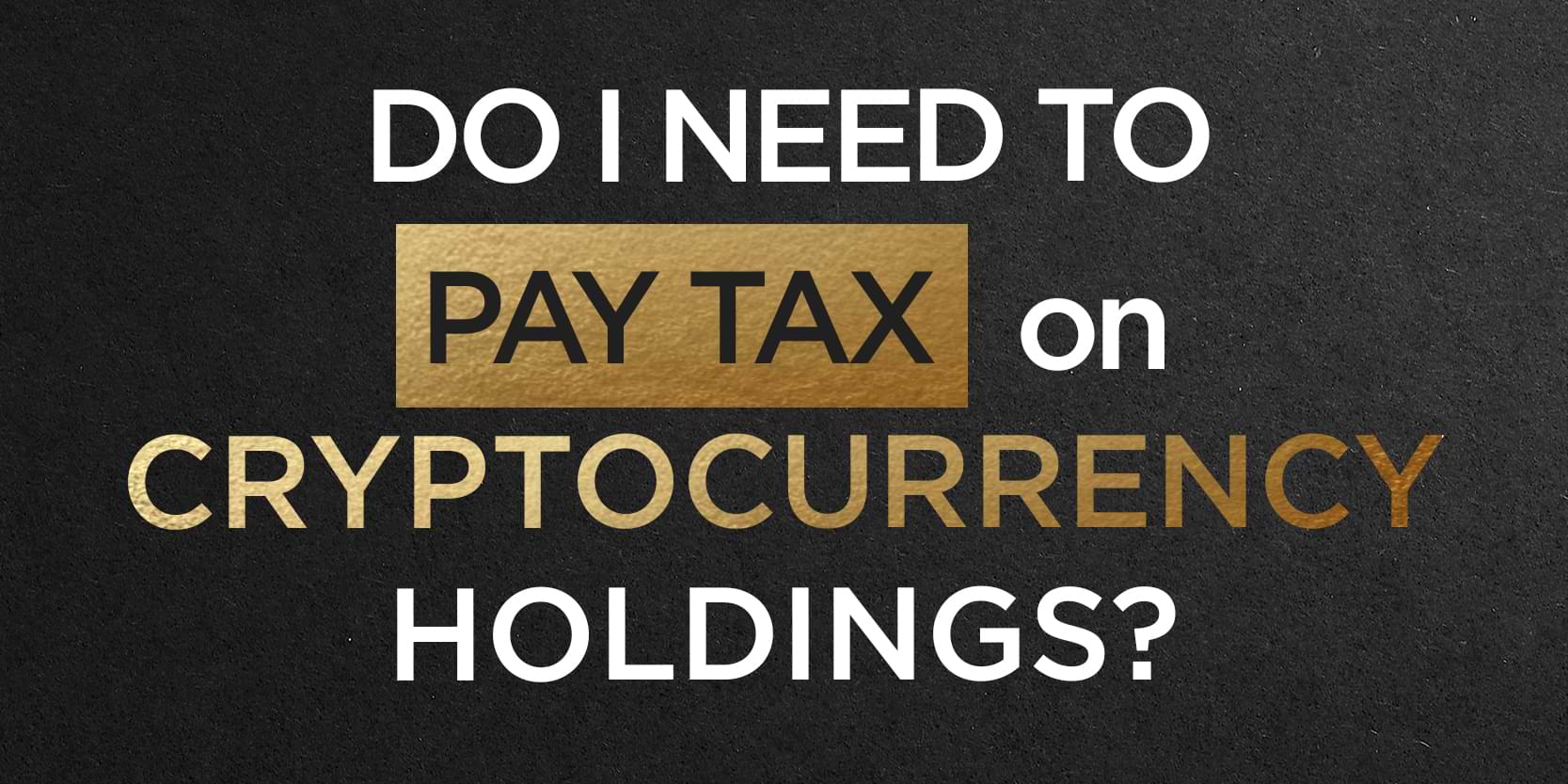
Do I Need To Pay Tax on Cryptocurrency Holdings?
For the past decade, cryptocurrency grew from being hobby tokens to legitimate stores of value. The frontrunner, Bitcoin, has recently been hailed as the best asset class, beating investment products like gold and mutual funds. While interest in coins comes once every few years, the market was in a three-year-long winter where prices stagnated at the bottom of the graphs. That is, until September of 2020, when cryptocurrency rose from its slumber and started gaining value again, subsequently garnering mainstream interest.
This year’s bull market has given rise to crypto-curious individuals and new traders because there are different reasons to invest in cryptocurrency. However, due to the newness of this investment route, most governments haven’t rolled out final taxation protocols, and the laws are constantly changing along with the quickly shifting token market. In Australia, the Australian Taxation Office (ATO) is responsible for monitoring taxes on crypto holdings and winnings. Here’s what you need to know about how to file and how much to pay.
Which Crypto Transactions Are Taxable?
It’s important to define yourself under a particular category. The terms “trader” and “investor” are thrown around interchangeably, but they’re actually different titles that determine how you’re taxed and how much you pay.
Taxes For Traders: What’s My Tax Rate?
The main difference between the two is that a trader must operate as a legitimate business, complete with a permit and the appropriate registrations. The ATO has a set of standards that determine whether or not you qualified crypto trader, but a high trading volume is often not enough. In general, you need to have a significant investment and are focused on short-term gains as opposed to long-term HODLing. Think around-the-clock ForEx trading, but this time, you’re scouring crypto exchanges or registered as an ASIC mining business.
Crypto traders are taxable in two ways. Company profits are taxed through business gains, which is a fixed rate of 27.5%. Wages that you or your employees earn are taxed through personal income, which varies based on the income bracket that you fall under. Visit the ATO’s resident tax rates for 2020-2021 for the updated calculations—and remember that these values update annually.
Traders don’t need to coordinate with the ATO to file for tax returns. These fall under the regular business schedule, which is usually due by the end of February. You will need to file a separate personal tax return, often due by the end of October.
Taxes For Investors: What’s My Tax Rate?
If you’re getting into cryptocurrency for long-term HODLing or personal crypto investments, and aren’t trading as a business, then you qualify as an investor. The ATO taxes cryptocurrency gains the same way they do property, which means that you’ll have to pay the capital gains tax—a value that varies depending on how much you make. In particular, specific transactions fall under the taxable category: selling, gifting, spending (in exchange for goods and services over $10,000), and swapping one cryptocurrency for another.
Moreover, withdrawing or cashing out your investments that result in profit will also merit capital gains taxes. Say you purchased BTC for $40,000. You hold onto it for a few months, and it goes up to $58,000, and then withdraw it for fiat AUD. The total income ($18,000, minus fees) will be subject to capital gains tax.
CGT is calculated based on the original price of the asset, the price it was sold for, and your taxable income. Capital gain stands for the total profit you made for the sale. So in the example above, $18,000 refers to the capital gain. If your income is around $150,000 per year, you fall under the 37% category. That means 37% of the $18,000 gain will be taxable, resulting in a final CGT cost of $6,660. If all these calculations are confusing you, consider using a capital gains calculator to simplify the process.
How to Minimize Crypto Tax?
Australian cryptocurrency taxes are considerable, and it can be disheartening to hear that a large chunk of your gains goes back to the government. However, there are a few ways you can legally minimize taxes, whether you’re an investor or a trader.
-
Tax incentives for small businesses: Traders can take advantage of this benefit by consulting with the ATO. They will evaluate your income against payables and may offer an offset of up to $1,000.
-
Business expenses: As a trader, you can reduce business expenses from the company’s profit. That may include hardware, transportation, electricity, software, and other related expenses. By doing so, you can declare a lower profit and subsequently pay a smaller amount in taxes.
-
One year HODLing discount. Investors are granted a massive 50% discount on their capital gains taxes if they’ve held onto the asset for at least 12 months. While this benefit is difficult to claim in the speculative cryptocurrency market, which is volatile enough to change lives in 24 hours, it’s something to keep in mind if you’re HODLing coins for the long term.
When is Cryptocurrency Not Subject to Tax?
Certain crypto-related activities are not subject to tax. It’s important to factor these into your calculations to not accidentally pay more than necessary.
-
Purchasing products under $10,000: The ATO does not tax personal use assets, as long as each transaction amounts to under $10,000 (AUD). However, specific guidelines fall under this nuance, making it highly inconvenient to qualify for. For instance, you must have a separate investment and personal use wallet and must have a higher transfer activity in the latter. Cryptocurrency converted to fiat currencies doesn’t count as personal use asset spending. And using a third-party intermediary (non-peer-to-peer payment gateway) will not count toward this benefit.
-
Hobby mining: Hobby and business miners are taxed differently by the ATO. In particular, hobbyists are not subject to any taxes from the cryptocurrency they earn through mining. However, if they choose to sell the crypto in the future, that sale will be subject to capital gains tax.
-
Losing cryptocurrency: If you lose access to your funds or private keys, then you can claim capital losses and will not have to pay underlying taxes. However, you must provide appropriate documentation, such as the number of coins you owned, the wallet address, transactional data, and more.
Apart from the above, it helps to be aware of the regular Australian taxation schedule and ensure that you meet the appropriate deadlines to avoid paying a fee. The ATO is notorious for chasing after non-taxpayers, so avoid getting into legal trouble by filing your taxes on time! In addition, keeping a record of all your wallet, exchange, and transactional information will be an immense help when you need to provide documentation to prove claims.






Leave a Reply
Add comment ×